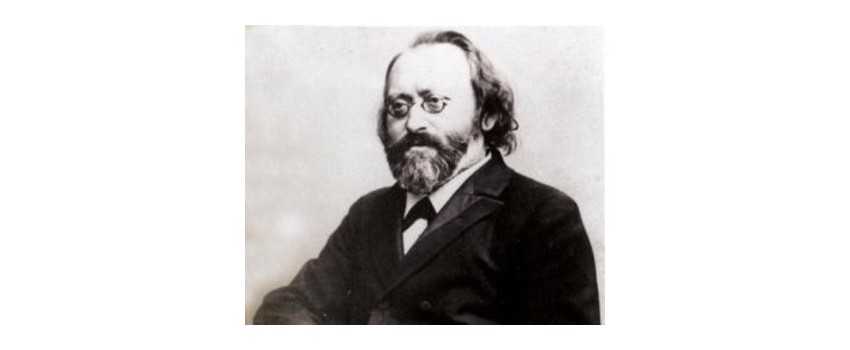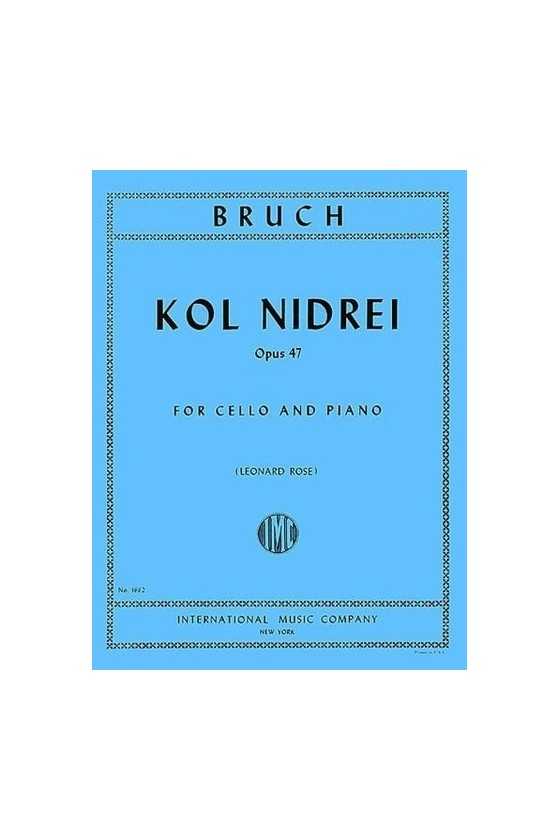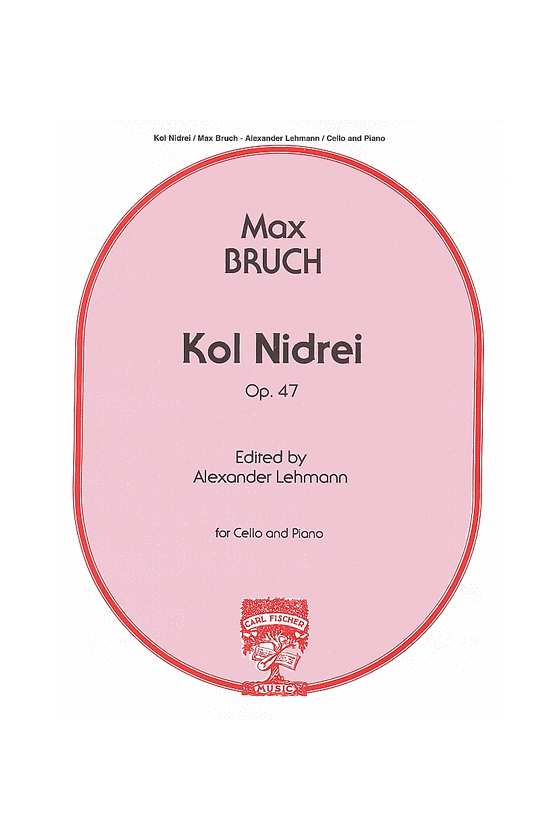Bruch, Max
Max Bruch was born on January 6, 1838, in Cologne, Germany. He was the son of a German police officer and an amateur musician. It was through his father's influence that Bruch developed an early interest in music. At the age of nine, he began piano lessons, and by the time he was 12, he had already composed his first work. Bruch's father recognized his son's talent and arranged for him to study with the renowned composer and pianist Ferdinand Hiller.
Early Life and Education of Max Bruch
Hiller was impressed by Bruch's talent and allowed him to attend the Cologne Conservatory at 14. Bruch proved to be an exceptional student and quickly advanced in his studies. He began composing more complex works, and the faculty at the conservatory recognized his talent. He won several awards for his compositions while still a student. After completing his studies at the conservatory, Bruch moved to Berlin to continue his education. He studied with some of the most prominent composers of his time, including Felix Mendelssohn and Ignaz Moscheles. During this time, Bruch began to develop his unique musical style. The music of Beethoven and Schumann influenced him, but he also incorporated elements of folk music into his compositions. This blend of styles would become a hallmark of Bruch's music.
Max Bruch's Music Style and Influences
Bruch's music is characterized by its melodic beauty, emotional depth, and technical brilliance. He was a master of orchestration, and his works are known for their rich textures and lush harmonies. His music often features sweeping melodies that are both lyrical and dramatic. Bruch was also known for his ability to evoke a wide range of emotions through his music, from joy and celebration to sorrow and melancholy. One of the most significant influences on Bruch's music was his love of folk music. He was particularly drawn to the music of Scotland, and he incorporated Scottish folk melodies into many of his compositions. For example, his Scottish Fantasy for violin and orchestra features several traditional Scottish tunes, including "Auld Rob Morris" and "The Dusty Miller." Bruch's use of folk music added a unique flavor to his compositions and helped to establish him as a distinctive voice in German music.
Major Compositions of Max Bruch
Bruch is best known for his Violin Concerto No. 1 in G minor, one of the most famous violin concertos ever. The concerto features a soaring melody that is both lyrical and virtuosic. It is a testament to Bruch's ability to write technically demanding and emotionally expressive music. Countless violinists have performed the concerto, and it remains a violin repertoire staple. Another of Bruch's most famous works is his Kol Nidrei for cello and orchestra. The piece is based on Jewish melodies and powerful expressions of faith and hope. The cello solo is haunting and beautiful, and the orchestration is masterful. The piece has been recorded by many of the world's greatest cellists and is considered one of Bruch's most outstanding achievements.
Legacy of Max Bruch in Music History
Max Bruch's contributions to developing German music cannot be overstated. He was one of the most prominent composers of his time and helped to establish Germany as a center of musical excellence. His music was widely performed during his lifetime and continues to be played today. Moreover, Bruch's influence can be seen in the works of many composers who came after him, including Gustav Mahler and Richard Strauss. Bruch's legacy also extends beyond German music. His music has been performed by orchestras worldwide and embraced by audiences of all nationalities. Moreover, his ability to write technically demanding and emotionally expressive music has made him a favorite among musicians and audiences alike.
Max Bruch's Impact on Modern Music
Max Bruch's impact on modern music can be seen in the works of many contemporary composers. His use of folk music and his ability to write technically demanding and emotionally expressive music has inspired countless musicians. Bruch's music has been sampled by hip-hop artists and used in films and television shows. His influence can be seen in composers' works in many different genres. A new generation of listeners has also embraced Bruch's music. His ability to write music that is both accessible and complex has made him a favorite among classical music enthusiasts and those new to the genre. Bruch's music continues to be performed and appreciated today, more than 100 years after his death.
Conclusion
Max Bruch was a composer of exceptional talent and creative vision. His music continues to captivate audiences today, and his legacy in classical music is secure. Bruch's ability to write technically demanding and emotionally expressive music has made him a favorite among musicians and audiences alike. His contributions to the development of German music are immeasurable, and his influence can be seen in the works of many contemporary composers. Max Bruch's music is a testament to the enduring power of melody and the ability of music to transcend time and place.



